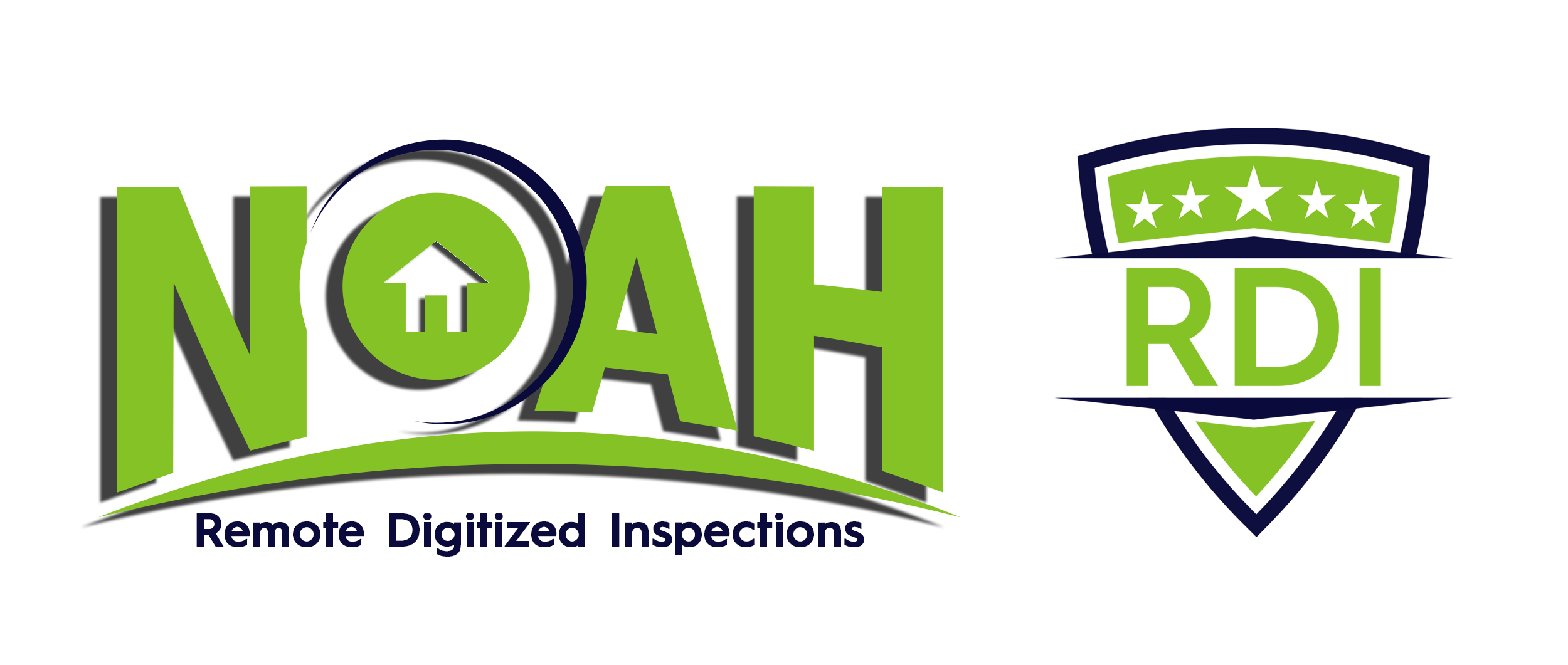25 Apr Simple Benefits of Proper Tiny House Inspections

A professional home inspector is a must if you’re buying something used. Even if you are buying a new home directly from a builder, organizations like NOAH inspects and certifies tiny homes. Houses are complicated structures. They have to manage heat, cold, moisture, harsh conditions, and hold up to daily life, and tiny homes are often needing to be safe for travel on the road as well.
There are a few areas where tiny houses often go wrong. Electrical is a big one, and the stakes are high because electrical fires can be deadly. Very often, electrical work can be sloppy, poorly laid-out circuits, and the use of components that don’t meet code.
It’s also not uncommon for roofs to be designed and built poorly, leading to major water damage. Flashing around skylights is the biggest offender, and some tiny houses have flat roofs, which is a recipe for disaster in certain areas–think large amounts of snowfall.
So here are a few benefits of getting your tiny house–new build, DIY, or used–properly inspected by a certified tiny house inspection company such as NOAH Certified.
It Ensures Safety on the Road
When planning to tow your home from place to place, not having a proper inspection can be a very dangerous game. Whether you are hiring a builder, buying used, or doing a complete or partial DIY, everything from the chassis to the roof needs to be measured, inspected, and certified for road safety. This is not simply a vehicle you are pulling but your home.
It Takes Out the Guesswork
The last thing you want to do is the second guess the workmanship of your tiny house. It is imperative that they are structurally sound so they can both be towed and live in. Along with the safety points of inspection, there are a few other smaller details to keep in mind.
- Separate bedroom spaces
- Windows
- Loft height
- Working toilets
- Properly installed plumbing and electrical
- Designated areas for water and fuel tanks
While this may seem like a lot of work and hoop jumping, it will be worth it in the long run. Your home is more than just some wood and nails.
It Helps with Strict Regulations from State or Municipalities
The legalities of tiny living not only vary state to state, but sometimes even city to city or county to county. So, when having your tiny built, it is better to air on the side of safety and have it certified by inspectors like NOAH so you are sure it will be able to be parked wherever you haul it.
Communities with ‘progressive’ tiny house regulations have sought to:
- Loosen regulations by lowering minimum size requirements or making things like setbacks and parking requirements more favorable toward tiny house construction;
- Define tiny homes on wheels as ADUs instead of RVs
- Explicitly zone areas for tiny houses or tiny house communities
- Support social impact projects like tiny home communities to provide low-income or transitional housing
It Helps You Avoid Tiny House Building Compliance Code Issues
While many local governments base their building codes off of the IRC, ADU (Accessory Dwelling Units) regulatory details vary greatly from place to place. These are some of the specific considerations specific to tiny houses.
Many governments have minimum size requirements for primary structures in residential zones, often imposed to maintain the consistency in neighborhoods both in size of buildings and people who choose to live there. Regulators need to decide whether these size requirements are appropriate for their planning goals.
Whether or not to allow tiny houses on wheels (THOWs) is an important consideration. Some communities, like Spur, TX, publicly welcome tiny houses, but still require that they be set on foundations for safety reasons (e.g. heavy winds). Others, like Fresno, CA, have allowed tiny houses both with and without wheels. Regardless of the code, governments should know that many THOW owners will reside illegally until directed otherwise.
In addition, there are codes in place for things such as (but not limited to):
Porches or skirts
Utilities
Setbacks
Entrances
Visibility
Parking
Style
RV licensing
Permitting
The list is daunting so having your tiny inspected by a certified tiny house inspector is the safest way to ensure your longtime life in your dream tiny.

Sorry, the comment form is closed at this time.